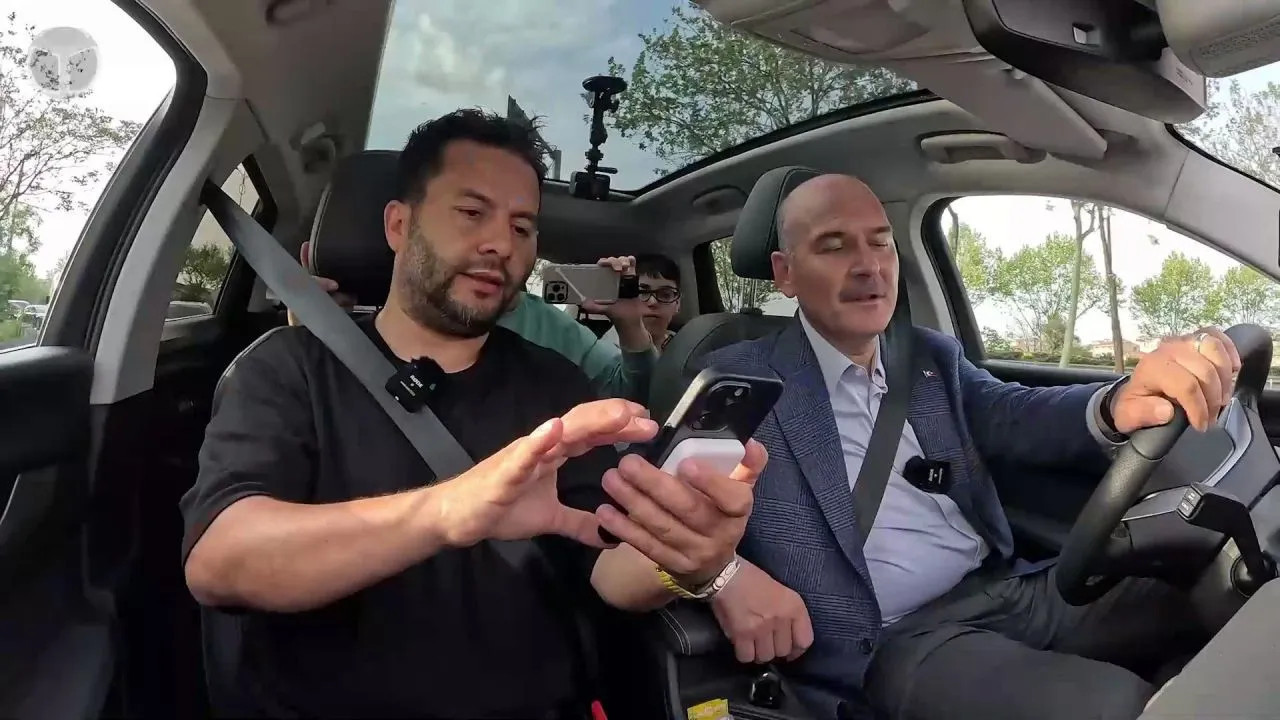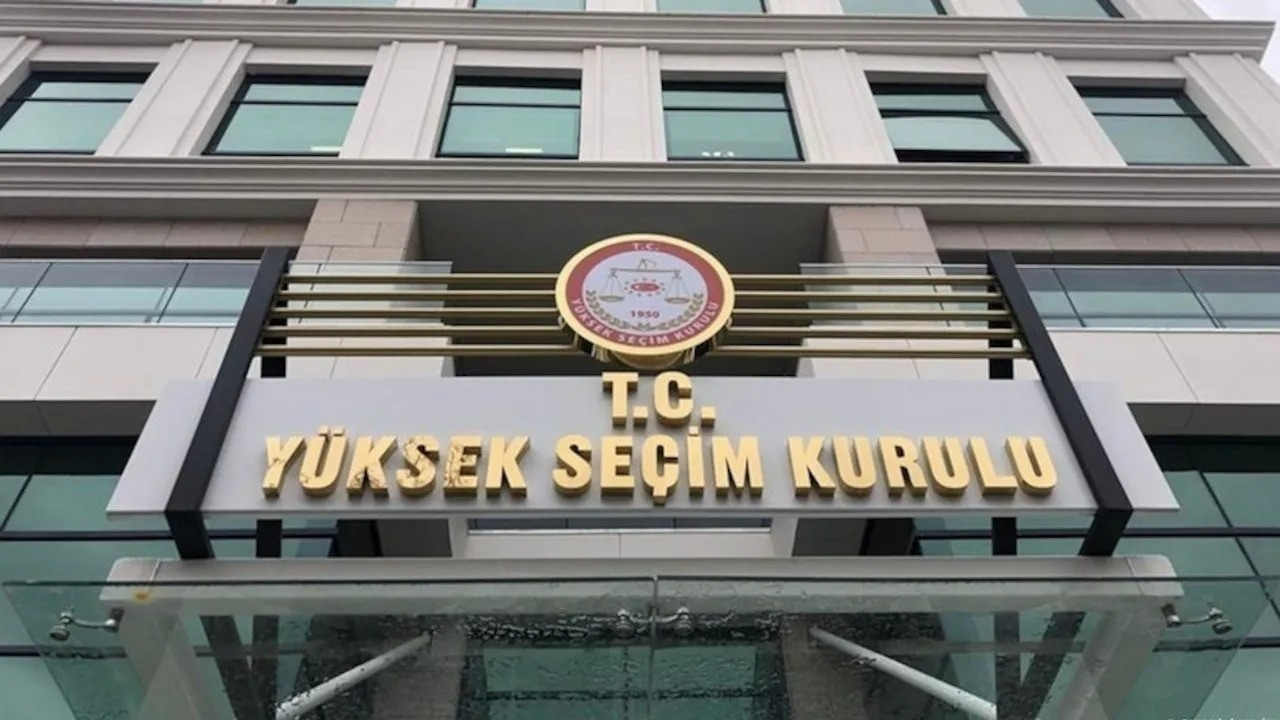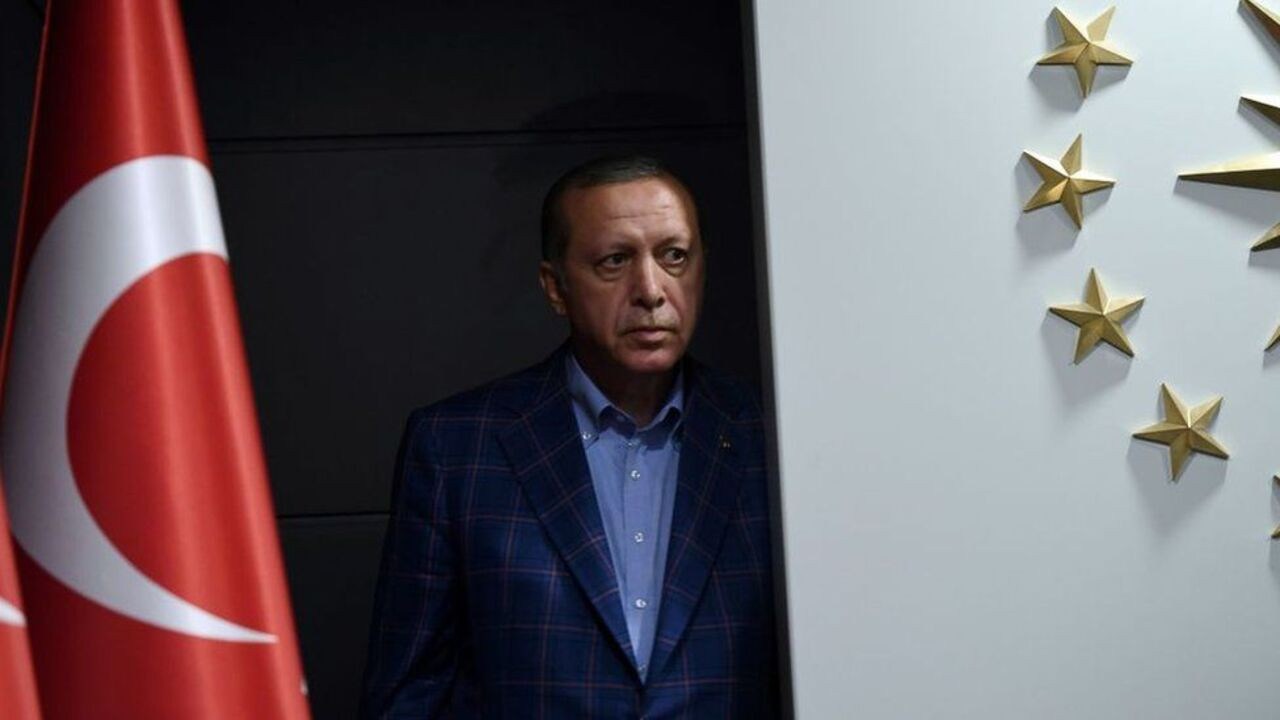Turkey's election board bans Interior Ministry from collecting and recording election results
Turkey's Supreme Electoral Council (YSK) has banned the Interior Ministry from collecting and recording election results on ministry’s own database by police and gendarmerie forces on duty.
Duvar English
The Supreme Electoral Council (YSK) has banned the Interior Ministry from collecting and recording the election results on the latter's Security and Emergency Situations Coordination Center (GAMER) database by police and gendarmerie forces on duty.
The main opposition Republican People Party’s (CHP) Muharrem Erkek on May 2 said that the Interior Ministry had set up a “parallel election monitoring system” to the YSK. In his Twitter account, he also shared the video of the platform set up by the ministry.
Bugün basın toplantısında anlattığım, İçişleri Bakanlığı’nda kurulan paralel seçim kuruluna dair görüntü. Bakın veri modülleri nasıl çalışıyormuş.
— Muharrem Erkek 🇹🇷 (@MuharremErkek17) May 2, 2023
Siz siyasi parti misiniz yoksa YSK mı? Gidin sınıfların kapılarında asılı duran ya da partinizin temsilcilerinin imzalayarak aldığı… pic.twitter.com/K2wXBK1C7l
Previously, the Interior Ministry applied to the YSK and requested ballot box information which includes the names of the province, district, neighborhood, polling stations, ballot box number along with the number of voters. As a response, YSK stated “Elections are on the jurisdiction of the election boards. The GAMER has no electoral mandate."
After YSK’s response, the GAMER officials on May 5 decided not to use the aforementioned platform. Nonetheless, the institution decided to use the information provided by the security personnel in the polling stations as an alternative.
The YSK also banned the ministry's plan to collect and record the election results.
After the decision, CHP MP Tuncay Özkan said in a tweet that "It is not enough to reject (Interior Minister) Süleyman Soylu's use of the GAMER system, which would cast a shadow over election security. The YSK should also file a criminal complaint against Süleyman Soylu, who established a parallel structure, and the public officials who had a responsiblity in this process."
Süleyman Soylu’nun seçim güvenliğine gölge düşürecek GAMER sistemini kullanmasını reddetmek yetmez. YSK paralel yapı kuran Süleyman Soylu ve bu işlemde parmağı olan kamu görevlileri hakkında da suç duyurusunda bulunmalı.
— Tuncay ÖZKAN (@ATuncayOzkan) May 10, 2023
The ministry's plan has stirred a huge reaction in the opposition as according to the electoral law, law enforcement officers can only enter to the polling stations if there is a security problem. Once the problem is solved, they have to leave the polling station.

 Interior Minister Soylu says state-developed app on his phone can identify anyone by their photoPolitics
Interior Minister Soylu says state-developed app on his phone can identify anyone by their photoPolitics Turkey’s election board says ministers don't have to resign to be deputy candidatesPolitics
Turkey’s election board says ministers don't have to resign to be deputy candidatesPolitics Supreme Election Council allows Erdoğan to run for presidency againPolitics
Supreme Election Council allows Erdoğan to run for presidency againPolitics